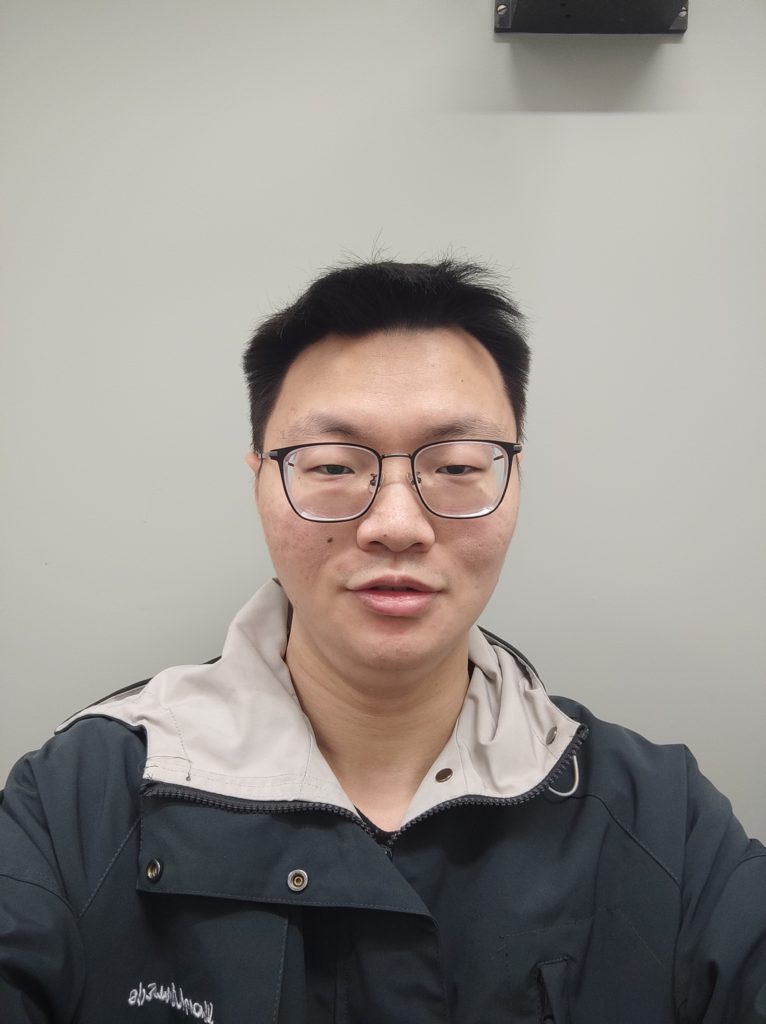ESR project 9
Coordination of multiple muscles during natural and adaptive arm movements: characterizing the variance of muscle patterns
Host Institution: Ruhr-University Bochum
Department that hosts the PhD: Institute for Neural Computation
Supervisors involved: Prof. dr. Schöner, Dr. Zhang, Dr. Smith
Project description
The goal of this project is to investigate how multiple muscles work together to bring about the joint actions during arm reaching movements. Many studies on motor coordination have considered the kinematic level of multi-joint control and shown that people typically organize combinations of joints in a specific way: joint configuration can be quite variable but co-vary to keep the hand on target. Formalized mathematically, there is less variance of joint configurations that affect the hand position than variance of joint configurations that do not change the hand position. This special structure of the variance in joint-hand level motivates a further step to test if similar principles of coordination may occur in multi-muscle control of a joint: that these muscles combine their forces to keep the total torque at each joint stable. This also opens a new dimension of studying motor coordination in the force-torque level, other than the traditional kinematic level. To test the hypothesis, the analysis will decompose the variance of muscle patterns during repeated movements into two components that either affect joint torques or do not. The project will study this structure of variance in natural movements, and when such movements are adapted to resist external loads. The expected results of these studies will advance the understanding of how the required patterns of muscle activation may be achieved and adapted by the nervous system.

About ESR9-Wanxiong Cai
I come from Hubei, China and I am doing my PhD at Ruhr University Bochum in Germany.
I graduated from Wuhan University of Technology with a BSc in Computer Science. Then, I obtained my MSc in Neurobiology from Zhejiang University, where I collaborated with my colleagues to develop neuro-engineering approaches to promote motor recovery of rodents post-stroke.
I am persuing a PhD in Neuroscience because I believe that progress in this field will push the boundaries of our understanding of humans and the universe, which might also provide insights into how to deal with some ontological and ethical problems.
I like reading and getting lost in musings. I am interested in psychoanalysis, game design and fancy rats.